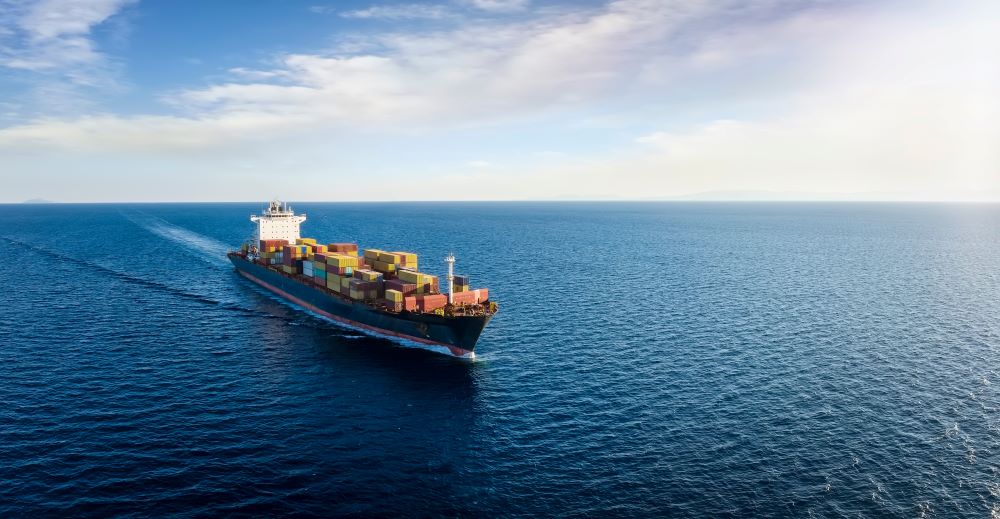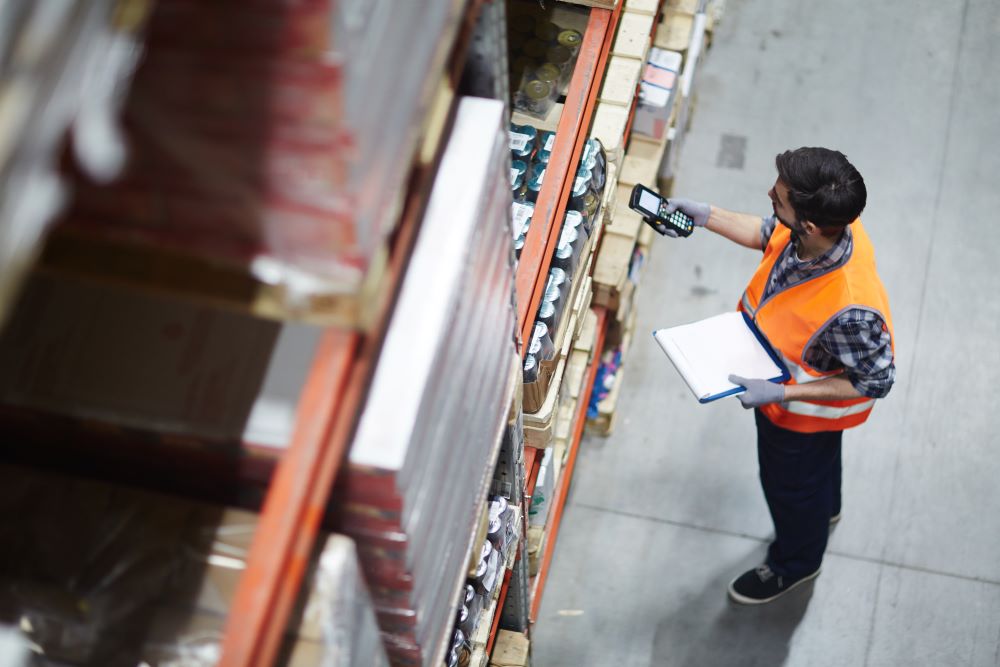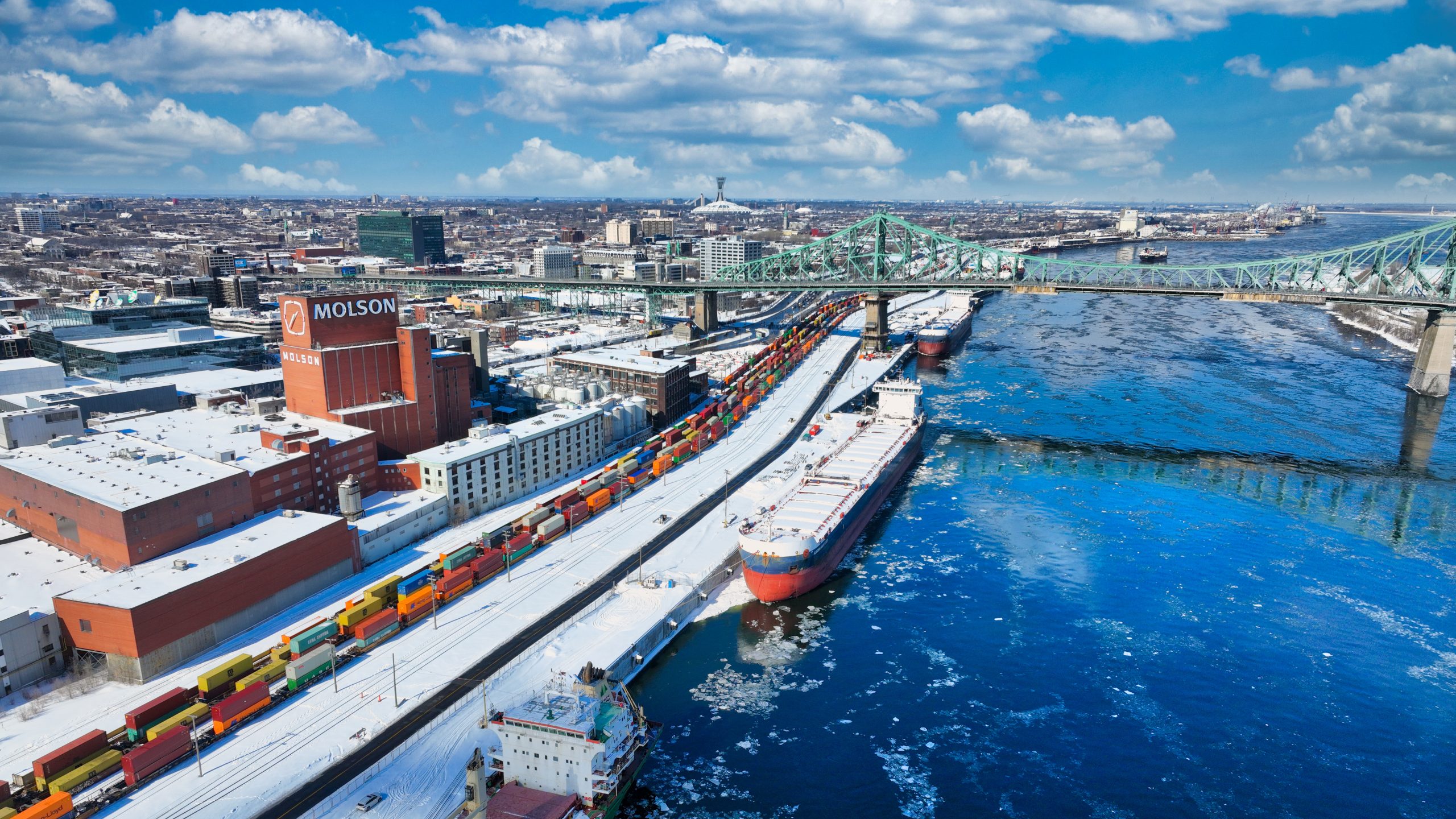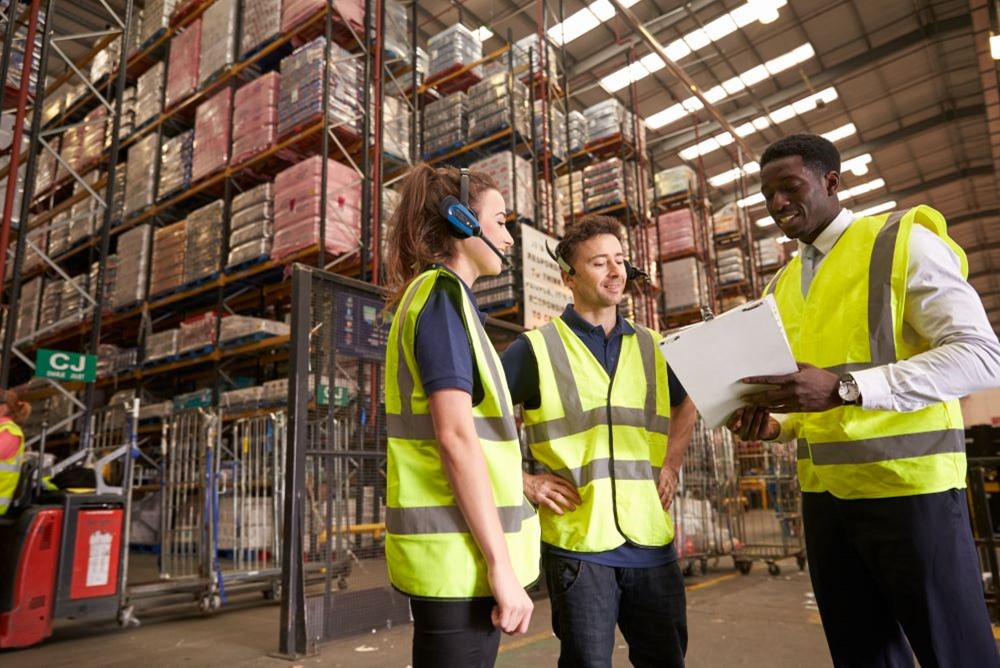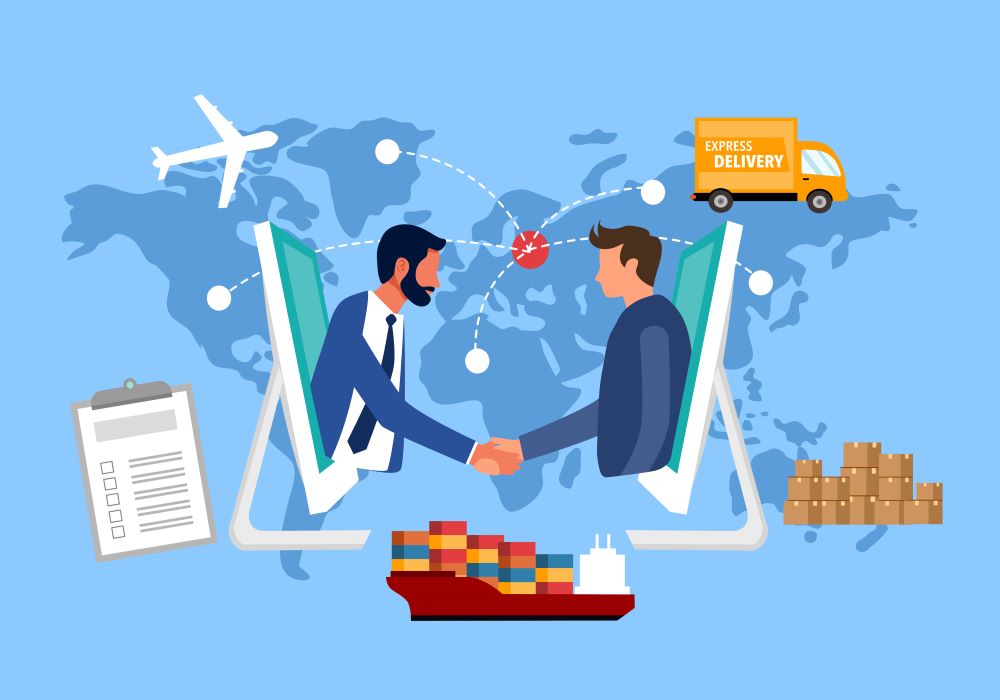The Red Sea is a vital artery for world trade, and it is currently going through an unprecedented crisis. Geopolitical tensions are having a significant logistical impact on maritime traffic in this region. For businesses and individuals looking to ship containers overseas, understanding this crisis is key to minimizing risk and costs. In this article, our sea freight and sea cargo experts delve into the causes and effects of the crisis affecting Red Sea marine shipping traffic.
Geopolitical tensions impact maritime security
Geopolitical tensions in the Red Sea region have increased the risks for commercial vessels. Ongoing conflicts, particularly in Yemen and the Horn of Africa, are creating an unstable situation characterized by violence and insecurity, leading to higher instances of piracy and attacks on ships.
The Horn of Africa is a region currently marked by a series of interconnected conflicts that are impacting maritime stability and security. The conflict in Yemen, which pits Yemeni government forces backed by a Saudi-led coalition against Iran-backed Houthi rebels, is one of the most serious humanitarian and security crises in the Middle East. Hostilities began in 2014 when the Houthis took control of the capital, Sanaa, and intensified in 2015 with the intervention of the Saudi-led coalition. But other conflicts in other countries in the area also have an impact: the civil war in Somalia, the conflict in the Tigray region of Ethiopia and the independence conflicts between Sudan and South Sudan.
In addition, the Red Sea offers a strategic advantage, and several regional and international powers are seeking to expand their influence in the area. The rivalry between Saudi Arabia and Iran, as well as the conflicting interests of the United States, China and Russia, contribute to the ongoing instability. Military bases, naval exercises and indirect clashes between these actors continue to increase tension in the region.
Piracy and hijacking in the Red Sea
Piracy in this region poses a serious threat. Pirates often target commercial ships and hijack them to demand ransoms. Attacks can result in cargo losses and damage to ships, and also pose a threat to the lives of crew members. As a result, shipping in the Red Sea has become more dangerous, and shipping companies have been forced to adapt.
To address these risks, international shipping companies are investing in increased security: hiring armed guards, installing advanced surveillance systems, and training crews in strict security protocols. Some have even chosen to adapt their itineraries. Although they are key to shipping success, these measures do increase operational costs. Companies should be aware of the current risks when planning their shipments and purchase cargo insurance for all valuable goods.
Significant changes to itineraries
Due to the instability in the Red Sea region, many shipping companies have chosen to adjust their routes to avoid dangerous areas. Traditionally, ships travel the route via the Bab-el-Mandeb Strait, but conflict and piracy have made this area very dangerous.
For safer transport, some companies are using the longer but safer route through the Cape of Good Hope. Others are continuing to use the Suez Canal, but are employing enhanced security measures. Some are choosing to use alternative ports to avoid heavy traffic, which requires logistical reconfiguration. Another option is to pass through the Gulf of Oman and the Strait of Hormuz, although this route is also subject to geopolitical tensions.
Logistics disruptions and longer delivery times
The shipping crisis in the Red Sea is causing major logistical disruptions. Port delays and waterway congestion are common due to intensified security inspections and more intricate customs procedures. Ships often have to wait several days before they can dock or pass through strategic passages like the Suez Canal, resulting in high parking and immobilization costs. Some ships are required to make detours, which also lengthens delivery times. It is more important than ever to plan carefully and choose reliable shipping services to minimize the negative impact of all these factors and benefit from optimized delivery times.
Rising Red Sea shipping costs: global economic impact
In today’s shipping environment, businesses should factor in extra delivery time and budget for increased costs. Fees for container storage and fuel surcharges can have a substantial impact on ocean freight budgets.
Shipping through the Red Sea plays a pivotal role in the global supply chain. The ongoing crisis is causing significant economic ripple effects that impact everyone, beyond just shipping firms. As transportation costs escalate, this is leading to higher prices for goods and services worldwide. Businesses must evaluate how these cost escalations will affect their profit margins and adapt their strategies accordingly. Individuals must also understand that these additional costs could affect the shipping rates of packages and containers. It’s important to consider how to minimize your shipping costs as effectively as you can.
Maritime traffic in the Red Sea: an uncertain future
The evolution of the shipping crisis in the Red Sea hinges on multiple factors. Geopolitical tensions such as those in Yemen currently impact maritime security, yet diplomatic initiatives could mitigate the risks associated with piracy.
Improvements in port efficiency and ship management technologies could mitigate delays. However, environmental regulations related to emissions are imposing new constraints, which further complicates the situation. Global demand and fluctuations in fuel prices will affect the cost and availability of ships. Sector-specific efforts and global collaboration will be necessary to stabilize the situation.
In summary, the situation remains volatile, but there is room for improvement. It is important to remain vigilant and flexible.
Choose Globex for reliable international shipping
The maritime transport crisis in the Red Sea presents substantial challenges for both businesses and individuals. Understanding the origins and consequences of this crisis can make it possible to navigate risks more effectively and make informed decisions regarding your international shipments. Working with providers with expertise in crisis management and who regularly optimize their routes and prices will allow you to effectively overcome the challenges of higher transportation costs and keep your business operations running smoothly.
At Globex Worldwide Courrier, we are committed to providing reliable and efficient shipping solutions, even in times of crisis. Contact us today to take advantage of our services before prices escalate further.
